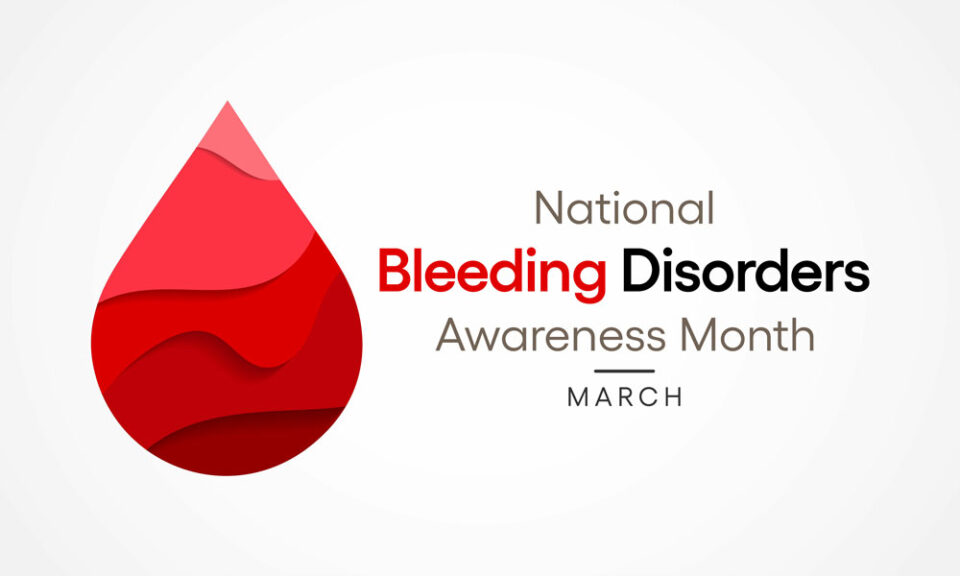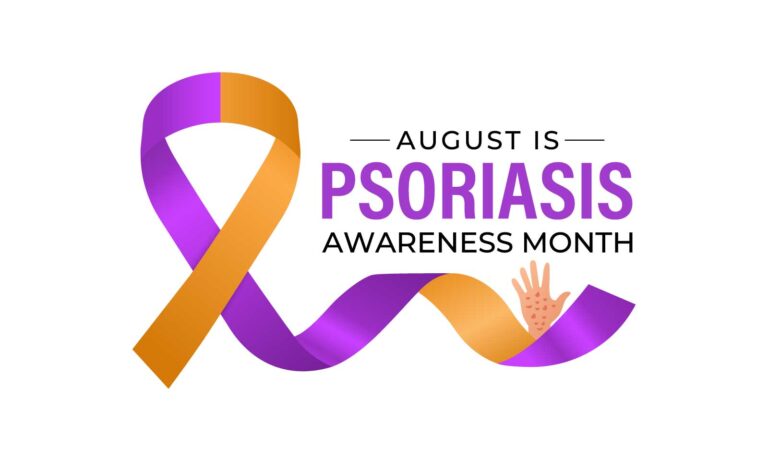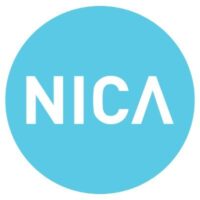
As March marks National Bleeding Disorder Awareness Month, it is essential to recognize and understand the importance of this cause. Common bleeding disorders such as hemophilia and Von Willebrand Disease (VWD) can have a significant impact on the lives of those affected, but with proper infusion-based care, individuals can lead full lives.
What are bleeding disorders?
Bleeding disorders are a cluster of ailments that impair the body’s capacity to regulate bleeding. Common types include hemophilia and Von Willebrand Disease (VWD). Hemophilia is an inherited disorder in which there is a deficiency or lack of certain clotting factors in the blood, resulting in prolonged bleeding after injury or surgery. VWD is another common type of bleeding disorder caused by a deficiency in the von Willebrand factor, which helps with platelet adhesion and clot formation. Both hemophilia and VWD can cause excessive bruising, nosebleeds, and abnormal menstrual periods.
People with these conditions may experience recurrent episodes of severe pain due to internal hemorrhaging from their joints or muscles as well as difficulty controlling external bleeds such as cuts or scrapes. Therefore, it is essential that individuals with these disorders are diagnosed and treated promptly to prevent potentially life-threatening bleeding. Treatment typically includes infusions containing the missing clotting factors, allowing them to form clots more effectively when needed. Medications may be used to help lessen inflammation connected with joint bleeding or other issues that can result from these disorders.
Bleeding disorders can cause serious complications, but with proper diagnosis and treatment, individuals can live relatively healthy lives.
Living with a Bleeding Disorder, Raising Awareness
Due to an inability to form blood clots, even after minor traumas or surgeries, excessive bleeding can result in these hemorrhagic disorders. Awareness is essential for helping people recognize the signs and symptoms of these conditions, as well as how to manage them.
Raising awareness also can help reduce the stigma associated with this condition. Many people afflicted by bleeding disorders experience feelings of loneliness and exclusion due to a lack of knowledge from family, acquaintances, and even healthcare workers. Education on the subject can help build understanding and empathy toward those affected.
Early detection, support and building general awareness gives patients more control over their condition so they can live life as normally as possible despite any limitations.
How Can Infusions Help
Infusions offer life-saving treatment for people with bleeding disorders. An infusion is the injection of a medication directly into the bloodstream. This procedure enables the medication to be rapidly and efficiently conveyed throughout the body. Infusions help reduce or stop bleeding episodes rapidly and can prevent long-term complications from their disorder, such as joint damage due to repeated bleeds.
In some cases, when other treatments fail to produce results or a critical situation necessitates prompt action, infusions may be employed. For example, if someone experiences a severe bleed that doesn’t respond to oral medications or physical therapy techniques, an infusion might be necessary.
Finally, infusions are becoming increasingly accessible through home care services and specialized centers that offer comprehensive care for those living with chronic illnesses who need regular infusions on an ongoing basis. These facilities offer not just medical knowledge, but also emotional backing for those affected and their families in trying times; many consider this to be a great asset when managing an ailment of such severity.
Let’s work together to raise awareness about bleeding disorders and the need for quality infusion centers that offer the level of care necessary to affectively address this serious condition.
#bleedingdisorderawareness















